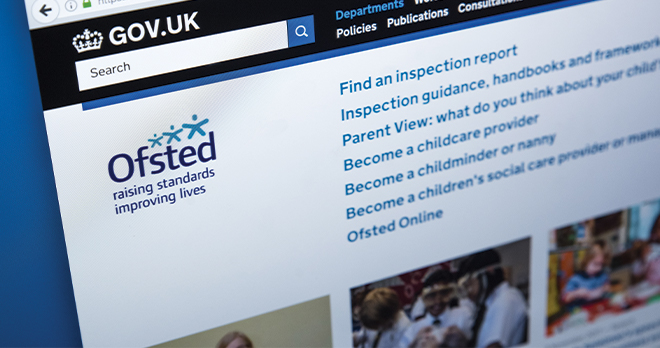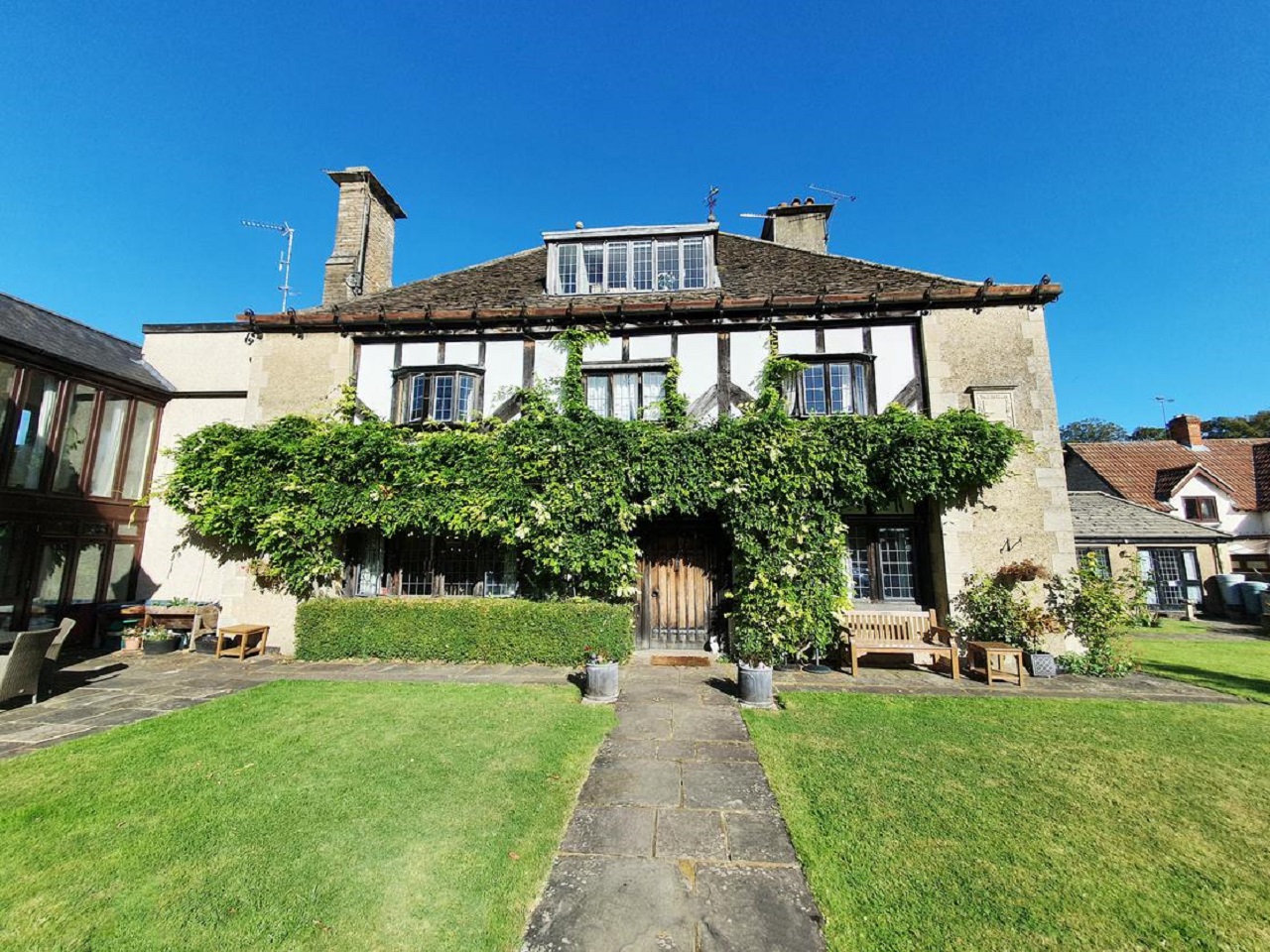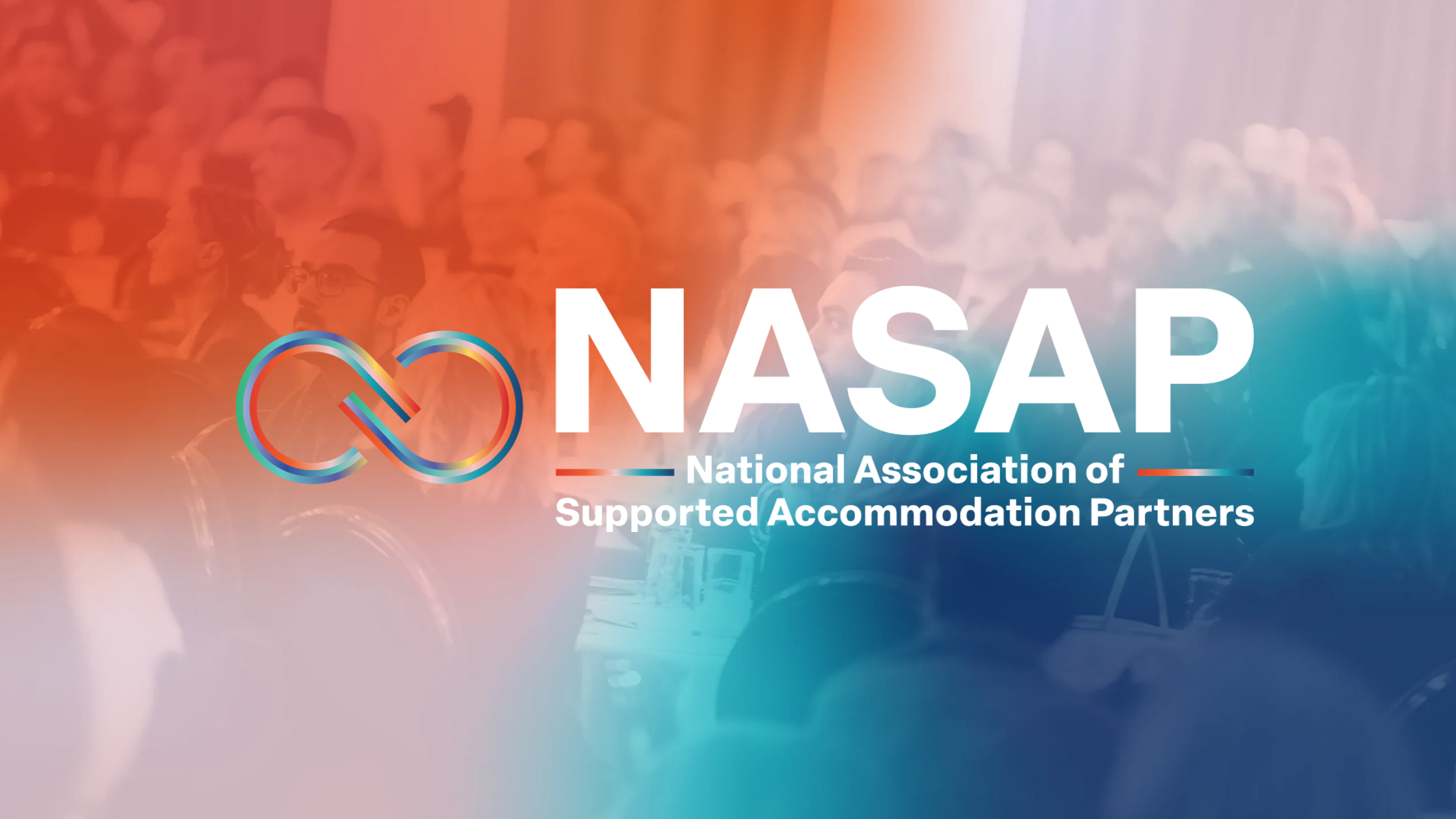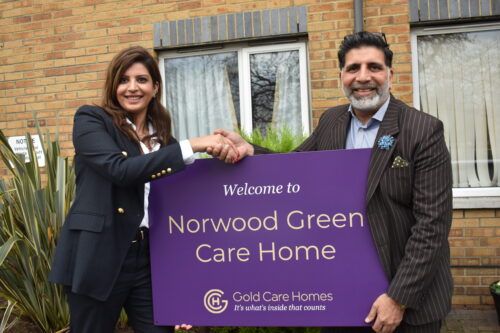

Expert lawyers in CQC advice & response strategy
If you have been sent a CQC notice then it is urgent you respond quickly. Contact our CQC lawyers now.
Get legal help and advice from our specialist CQC defense lawyers.
If you have received notification from the Care Quality Commission, it is vital that you act quickly.
Contact our specialist team of CQC defense lawyers right now and begin the process of defending your business against any further action. We can help you with all elements of CQC warnings, notices, or embargoes.
Contact us now to discuss how we can offer legal advice and get the resolution you need.
If you have been notified by the CQC for any reason, then it is highly likely that you need to respond quickly. Speak to an expert member of our team today.
Don't want to fill out the form? Call us and speak to a CQC expert in our Health and Social care team
Registering a new service with CQC or registering as a manager may not always be straightforward.
With a service, there can be issues with buildings, such as the size of rooms or the number of proposed rooms. Alternatively, as either a manager or a provider, CQC may simply find that you have not met the requirements of the regulations.
While the regulations themselves are fairly straightforward, what CQC considers to be “best practice” or “guidance” (which informs their decision) may not be. As a result, getting registered can be difficult.
What happens if your registration application is refused?
We are experienced in dealing with refusals of registration for both services and managers. We can help you get registered and up and running.
If you attempt to register and CQC are not happy with your application, they will serve a Notice of Proposal to refuse registration. This can be a real setback to your plans. It will cost you time and money and inevitably cause a good deal of frustration.
How can RWK Goodman help you?
As specialist health and social care lawyers, we will look at the issues in detail and help you make your best case. When CQC serves you with a Notice of Proposal to refuse registration, you have the right to make representations. The aim of the representations is to convince CQC to award your registration.
We are highly experienced in identifying the common problem areas, and know how to secure your successful registration.
After an inspection, CQC may decide to take compliance action. If your service is rated as inadequate, this may take the form of a Notice of Proposal to Cancel Registration.
What can you do about a proposal to cancel registration?
Survival may seem impossible at the outset, but we have proven experience in turning a situation around and we know how it can be achieved, but you must take immediate action. We have helped numerous services through this situation and have succeeded in helping services retain their registration.
You will need to make representations about the Notice of Proposal within 28 days. The aim of these representations is to persuade CQC to allow you to retain your registration. We frequently draft such representations for providers.
What will RWK Goodman do to help?
As your lawyers, our aim is to help you overcome this difficult situation and retain your registration. Before we tackle the representations, there will be many practical aspects to consider, such as: the factual accuracy of the inspection report, the need for an action plan, safeguarding issues, your contracts with commissioners, and your relationship with service users and relatives.
We will explain the process and discuss with you what you wish to achieve from a business and personal perspective. We will then help you come up with an overall plan to manage all of the aspects of the situation, including not only the regulatory aspects, but also all of the relevant issues, such as safeguarding investigations, contracts, embargoes, service users and relatives’ concerns, and the press.
We will take a holistic approach and support you by advising about the entirety of the situation.
In our experience, saving a service requires a lot of hard work and determination but ultimately, it is achievable. If you are facing a Notice of Proposal to Cancel Registration, we recommend that you seek advice as soon as possible.
Ultimately, it is achievable. If you are facing a Notice of Proposal to Cancel Registration, we recommend that you seek advice as soon as possible.
We are experienced at helping providers navigate their way out of special measures.
If you are in this situation, you will need to take action or risk losing your registration. We can help you formulate a plan to overcome these difficulties and come out with a healthier service. CQC does not regard special measures as “enforcement action” per se, but it seems to us to meet that definition. The point of special measures is to force a service to improve, and we can help you achieve this.
What sort of support can RWK Goodman provide?
When a service is in special measures, there is a lot to think about. We will help you consider these issues comprehensively and regain control of the situation. You will need to create a plan and muster your resources in relation not only to improvement, but also in regard to the possibility of embargoes, safeguarding issues, your relationships with commissioners, service users and their families.
A service will usually remain in special measures for six months. However, in some cases, services can remain in special measures for up to 12 months. This may be the case where CQC sees some improvement over the first six months and is willing to give the service further time to shore up its improvements.
What are the time frames you need to work to?
Once a service is in special measures, after 6 months, CQC will return to re-inspect. If a rating of “inadequate” remains in any of the five domains (safe, effective, caring, responsive or well-led), then CQC is highly likely to issue a Notice of Proposal to Cancel Registration. However, they sometimes wait a bit longer to decide what the outcome for the service will be.
CQC often uses special measures alongside other enforcement action. CQC may, for example, place a service in special measures and (at the same time) issue a Notice of Proposal to Cancel
Registration or a Notice of Proposal to Impose a Condition on Registration (often an embargo on placements). This is harsh and difficult for a service to overcome but even in such difficult circumstances, services can survive and retain their registration.
In the order of severity, a Warning Notice is just above the requirement that a provider produce a Report on Actions and just below a Notice of Proposal to impose a condition on registration (normally, an embargo on placements).
What do you need to do?
If you wish to challenge a Warning Notice, you have 10 working days from the date of receipt to make representations. If you miss that deadline, the Warning Notice will stand.
We can help make representations to CQC asking that the Warning Notice be withdrawn. If, alternatively, you accept the contents of the Warning Notice, we can help you respond to CQC showing you are making improvements to help mitigate against CQC taking any further action.
In either case, it is important to deal proactively with the Warning Notice and get your service back on track. Failing to do so is very likely to lead to bigger problems later on.
You need to act quickly
Sometimes CQC will issue a Warning Notice before a draft inspection report has been sent to the provider. In such circumstances you must act quickly to respond to both the Warning Notice and, when it comes, the inspection report. If there are factual inaccuracies in the draft inspection report, we recommend that you submit a factual accuracy challenge. If you succeed in obtaining positive changes to the draft inspection report, it can help you overcome the Warning Notice.
CQC will also set a deadline for the provider to comply with the regulations cited in the Warning Notice. Failure to do so could result in more serious enforcement action, such as a condition being imposed on your registration (often an embargo on placements) or a Notice of Proposal to Cancel Registration.
We can help you with
-
Making representations against warning notices
-
Challenging penalty notices and fines
-
Challenging a Notice of Proposal to Cancel Registration
-
Appealing a Notice of Decision to Cancel Registration
-
Defending the imposition of conditions on or suspension of registration
-
Challenging embargos by local authorities
Where embargoes typically used to be imposed by a local authority (and still can be), they are now often imposed by the Care Quality Commission(CQC).
A typical scenario is that CQC inspects a care service, finds that the care is unsafe, and threatens to impose a Notice of Proposal to impose a condition on the provider’s registration. The proposed “condition” is often that the provider not be permitted to take on any new service users unless and until it has CQC’s approval to do so.
Can I challenge an embargo imposed by CQC?
CQC frequently ask providers to voluntarily agree to embargoes on placements. They back this up with the threat that if you do not agree voluntarily, they will impose the condition formally. The trouble with this, from a legal perspective, is that if you agree to voluntarily accept, you are not given the chance to contest the evidence cited by CQC as the reason for the embargo.
In other words, whether you can challenge the embargo depends on whether you have voluntarily agreed to the embargo or whether CQC have issued a Notice of Proposal to impose a condition on your registration. If you have agreed to an embargo, then you have effectively relinquished your right to challenge the embargo.
If, however, the CQC have issued a Notice of Proposal to impose a condition on registration (limiting admissions) then you will have 28 days to make representations and try to persuade CQC to rescind its embargo.
Whatever your situation it is important that you speak to a team of experts who can help you minimise the risk to your business and help you to lift the embargo.
How can RWK Goodman help?
Embargoes can often force a care home out of business, but this does not have to be the case. Most problems have a solution and we are here to help.
We frequently help providers manage their way out of embargoes, whether those are imposed by commissioners or CQC. This usually goes hand in hand with advising on a serious safeguarding issue or other compliance action by CQC.
Depending on the seriousness of the findings in the report, you could suffer damage to your reputation, face the risk of CQC enforcement action, and ultimately lose income.
How can we help you challenge your CQC report?
You have the right to challenge the factual accuracy of your draft report. If you are unhappy with your report, it is imperative that you take action at this stage as it very often forms the basis for further enforcement decisions taken by CQC. Once the report has been published, it will be too late to change its content. There is a separate process for reviewing the ratings but the best way to get a rating changed is through the factual accuracy process.
You have only 10 working days from the receipt of the draft inspection report from CQC to submit your factual accuracy log. This is a detailed exercise and requires every bit of time available. If you would like advice, contact us as soon as you have received the draft inspection report. Once the deadline has passed, you will not get another chance to challenge the accuracy of your inspection report.
We have a proven record of successful challenges
When considering challenging a CQC inspection report, we will help you with the following:
-
Has the inspector followed CQC’s guidance?
This guidance should determine how the inspection has been carried out. For example, has the inspector looked for evidence of good practice? Has he or she examined the evidence relating to the applicable Key Lines Of Equiry (KLOE’s)? Has the inspector been fair?
-
Has the inspector supplied evidence for his judgments?
Are they relying purely on opinions or have people’s opinions been corroborated? What conclusions does the hard evidence support? If the inspector has found breaches of the regulations, is there solid evidence for those findings of breach?
-
Pick your fights.
We do not recommend that you challenge everything in the draft report. It is better to make a strong case where you are able to evidence that the findings in the draft report are wrong. This will help preserve your credibility and is likely to achieve a better result in your final inspection report.
-
Are you willing to take a stand?
It can be difficult to stand up to the regulator. However, there are times when CQC gets things wrong. You have one chance to perusade them to make corrections. You will need to decide quickly whether you want to make use of the factual accuracy process. If you let the 10 working days elapse, a ratings review challenge, on its own, is unlikely to get your rating changed.
We have had success in getting changes made to the content of reports, getting breaches withdrawn and upgrading ratings. We will work with you to ensure you improve your chances of success.
If the inspection hasn’t gone well and you are rated as ‘requires improvement’, you may be required to provide CQC with a report on actions or you may receive a warning notice. You will need to get to grips with the situation before it gets worse; CQC is bringing pressure to bear on services rated as requiring improvement to try to force them to improve.
If, matters are worse yet and your service is rated ‘inadequate’, it will be placed in special measures or may receive a Notice of Proposal to cancel registration.
We will work with you to prepare an action plan to ensure your service can make the improvements required to avoid further enforcement action.
We can assist you with:
Preparing for inspections
Challenging draft inspection reports/drafting factual accuracy logs
Ratings reviews
Challenging embargoes by CQC (Notices of Proposal to impose conditions on registration)
Challenging embargos by commissioners
Helping you out of special measures, including assistance with action/improvement plans, communicating with CQC and the local authority, and minimising the risk of embargos on placements.
Failing to do so could mean that you are providing care services unlawfully and could result in enforcement action and prosecution. We can draft or review your registration applications and supporting documents for a fixed fee.
In particular you need to ensure:
-
You register for the correct regulated activities
-
The directors or partners meet the Fit and Proper Person test
-
You can evidence how you are able to comply with the Fundamental Standards
-
You have a Statement of Purpose
-
The application form is submitted correctly
-
You submit the required supporting documents to support your application
We have extensive experience in:
-
Drafting applications to register a new care service
-
Drafting registered manager applications
-
Advising on which regulated activity to register
-
Applications to add or remove a regulated activity
-
Applications to add a location to the registration
-
Applying to vary or remove conditions of registration
-
Challenging CQC registration decisions



















